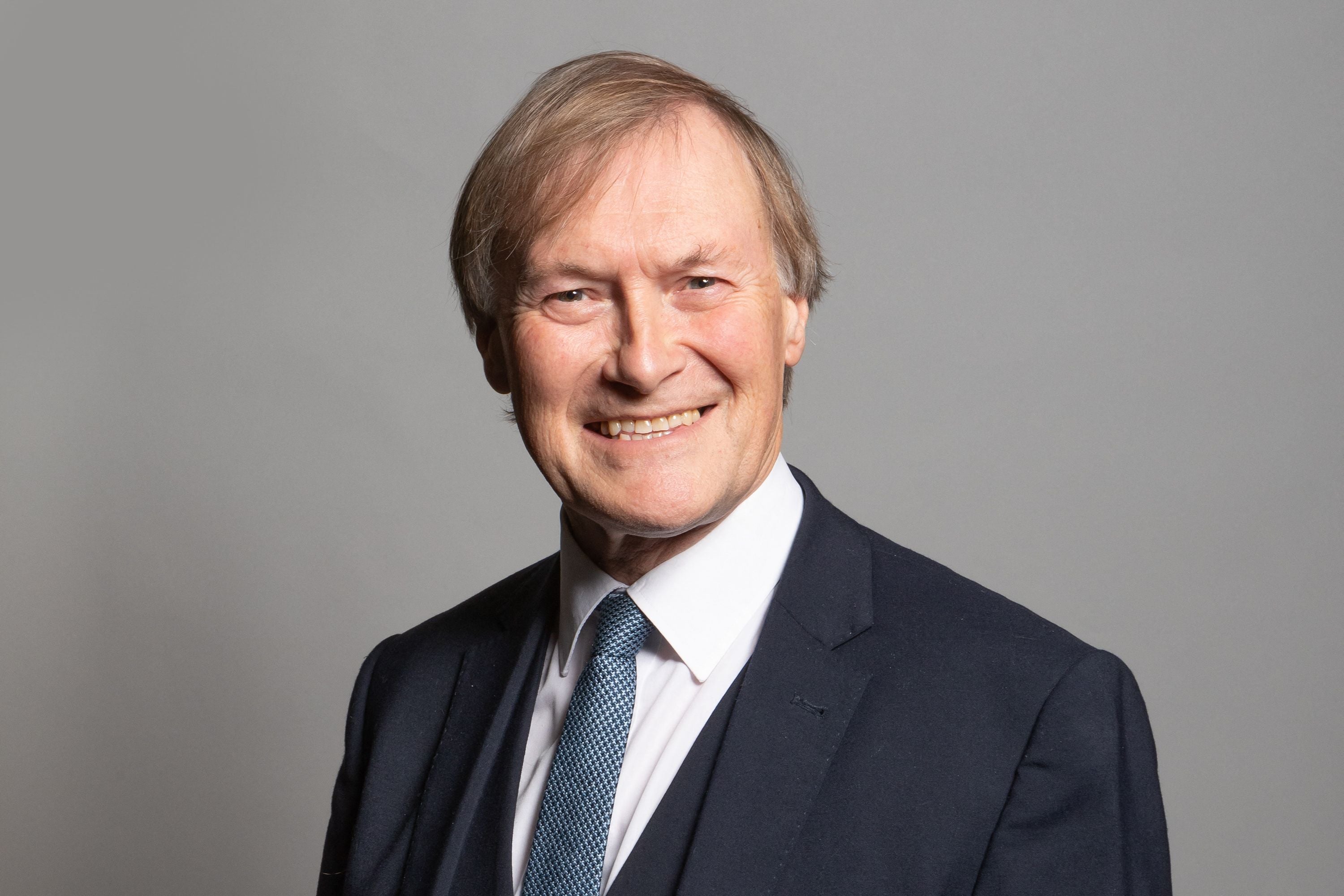Sir David Amess murderer Ali Harbi Ali was reported to counter-extremism scheme 7 years before attack
Future killer was flagged to Prevent while an A-level student but tailored his answers ‘so they would go away’, reports Lizzie Dearden

The terrorist who murdered Sir David Amess was reported to the government’s counter-extremism programme seven years before the attack.
Concerns about Ali Harbi Ali, now 26, were flagged to Prevent by his secondary school while he was taking his A-levels.
He was referred to an ideological mentor under the Channel deradicalisation scheme but told the Old Bailey he only attended one session before being signed off.
Ali was not believed to be a threat by the security services and had not been investigated for potential attack-planning.
He told police he had become “self-radicalised” in 2014 and initially wanted to join Isis abroad, before settling on carrying out a domestic terror attack in 2019.
Giving evidence at his trial, Ali said he believed a teacher had “put two and two together” after seeing his academic performance crash as a wave of young people travelled to Isis territory in Syria.
The murderer said he was initially visited by two police officers, who asked him questions about his use of Twitter and how he felt towards the British government.
They then “booked me in to see a man who worked for the Home Office”, Ali said, describing a meeting where the man told him that various things were permitted in Islam.
“I just said yes so they would go away afterwards,” he told the court. “There were supposed to be two meetings but they were happy enough with the first one and I didn’t hear from them afterwards.”
Ali said that after the Prevent visit, he decided to “keep shtum” about his aspirations and views on the Syrian civil war.
In police interviews following the attack on Sir David, Ali told police had had never discussed his plans with anyone because he had seen news of “so many raids” on other terror plotters.
“As soon as you open up that sort of other person you’re twice as, sort of, susceptible to being found out,” he added. “People can turn, y’know?”

Ali started using the encrypted Telegram messaging app to access jihadist material and downloaded software aiming to allow anonymous internet browsing.
Evidence presented to the court showed that he had viewed Isis propaganda, including magazines carrying instructions on launching knife attacks, and the group’s call for followers who could not reach its territories to launch atrocities in their home countries.
“Other people braver than me actually done stuff but that message probably was the thing that told me that is an option now,” he told police. “Because it was a thing where I saw other people who affiliate [with Isis launch terror attacks].”
Ali did not describe himself as an Isis member but said he had “allegiance to them” and added: “If tomorrow it was on the news – ‘this is an attack carried out by an Islamic State militant’ – fine. That’s how I want it to be seen.”
He told the court he had grown up in Elephant and Castle, south London, in a family “full of love and care”, before moving to Croydon.
Ali did well at school and took four A-levels – in biology, chemistry, physics and maths – and decided to go into medicine after undertaking work experience at Croydon University Hospital.
“It made me feel like I wanted to go on to the medical profession, it felt very fulfilling at the time and something I could see myself doing for the rest of my life,” he said.

But as Ali became more obsessed by the Syrian civil war and started consuming propaganda by Isis and other jihadist groups, his academic performance started failing and he had to repeat a year of school to complete his A-levels.
“In around 2014 my focus had changed from medicine to intending to go to Syria,” he told the court, saying he would have done “anything necessary” including fighting.
Ali enrolled at London’s City University for a degree in radiotherapy but dropped out in 2016.
“I felt like because I was at uni I was leaving off the obligation to go and do something as a Muslim in Syria,” he told the court.
“I felt that I was sort of railroading myself into a normal life, getting a job, and I felt I had to make a choice to not carry on with my education.”
During a police interview, Ali described the process of his terrorist radicalisation as “finding the truth”, and that he had not previously felt himself to be religious.
The murderer said he was drawn into news of the Syrian civil war, and that resistance to Bashar al-Assad got him “interested in the concept of fighting in Islam”.
He said that he was initially “shocked” by Isis crucifixions and violence, but then came to believe that they were “prescribed” by Islam.
“I felt like all of a sudden that I learnt about [Islamic practices] and that was through the Islamic State,” he added. “It was not so much a sudden change, it was more of a gradual thing.”


